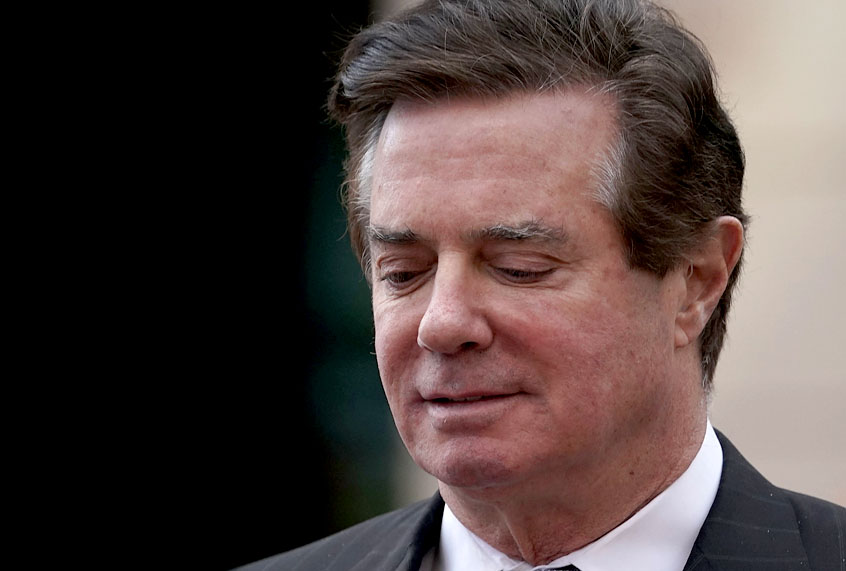Paul Manafort, the disgraced former campaign chairman for Donald Trump during the 2016 presidential election, reportedly tried to strike a deal with prosecutors to avoid an upcoming second trial.
The second Manafort trial, which is scheduled to begin on Sept. 17 in Washington, revolves around similar issues to the tax and bank fraud charges that ultimately resulted in eight convictions out of 18 counts in Manafort’s first trial earlier this month. According to a new report by The Wall Street Journal, Manafort’s defense team apparently tried to resolve the second set of charges against Manafort in talks with prosecutors but failed to reach a deal. The snag seemed to be a series of issues raised by Special Counsel Robert Mueller, although it has not been established what the issues themselves were. Moreover, it is unclear what the proposed terms of the plea deal would have been.
READ MORE: When a woman is accused of sexual misconduct: The strange case of Avital Ronell
This story occurs amidst a background of additional fighting over the exact nature of how that trial should proceed, as the Journal reported:
Prosecutors and defense lawyers have been arguing over how to describe that case to the jury and what evidence can be presented at trial. They are scheduled to discuss those issues at a hearing Tuesday morning before U.S. District Judge Amy Berman Jackson.
Mr. Manafort faced two separate trials on related allegations in neighboring districts because he declined to let prosecutors combine the charges into one case. From a defense perspective, such a move can force prosecutors to fight two battles and divide resources.
The plea discussions on the Washington case represent a softening in posture for Mr. Manafort, who has fought charges brought by Mr. Mueller’s 15-month investigation longer and more aggressively than other defendants in the probe.
The politically charged trial of Manafort has been a source of major attention as the Trump-Russia scandal continues to unfold. Even though Manafort’s charges have nothing directly to do with the accusations against Trump, there is a pervasive belief that if Mueller can exert enough pressure on Manafort, the former campaign chairman could conceivably flip on the president and provide Mueller with a smoking gun about serious crimes.
This political undertone has also had a direct impact on how the trial proceeded. Judge T. S. Ellis, who presided over Manafort’s first trial, made a number of remarks both prior to and during the trial that were biased against Mueller’s team and expressed extreme skepticism over the trial itself. While it is unclear whether this directly impacted the jurors deadlock on 10 of the 18 counts, it is generally believed that a judge showing obvious preference for one side in a trial over another can prejudice jurors.

